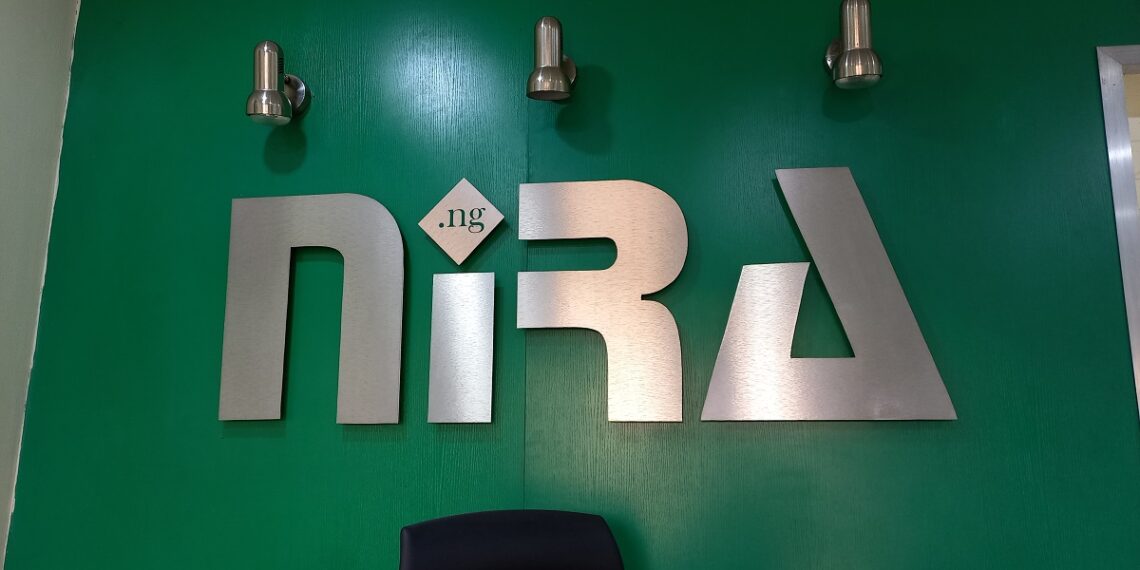
In what could become a landmark judgment with far-reaching implications for labor rights and corporate accountability in Nigeria, the Court of Appeal sitting in Igbosere, Lagos, on Thursday heard a highly anticipated appeal brought forward by the Central Bank of Nigeria (CBN) and the Nigeria Deposit Insurance Corporation (NDIC). The appeal challenges an earlier ruling by the National Industrial Court which ordered both financial institutions to pay over N5.7 billion in unpaid entitlements to former employees of non-consolidated banks—workers who were rendered jobless following the sweeping banking reforms of 2006.
The original judgment by the National Industrial Court had brought a renewed sense of hope to hundreds of ex-bank workers who have spent nearly two decades fighting for recognition and compensation after they were laid off during the bank consolidation era. The CBN and NDIC, however, dissatisfied with the decision, approached the appellate court to contest the ruling on the grounds of legal interpretation and financial liability.
During Thursday’s hearing, legal representatives from both sides presented their submissions before a panel of justices. The appellants—CBN and NDIC—argued against the validity of the National Industrial Court’s verdict, while the respondents, led by renowned legal luminary Tayo Oyetibo (SAN), defended the position of the aggrieved ex-bank workers under the umbrella of the Association of Ex-Staff of Non-Consolidated Banks.
After listening to comprehensive arguments, the court announced that judgment would be reserved and is expected to be delivered within three months. The parties will be duly informed of the date in due course.
“We’ve Made Our Case,” Says Senior Advocate
Speaking with reporters after the proceedings, Tayo Oyetibo (SAN), who has been at the forefront of the legal battle for justice on behalf of the affected workers, expressed satisfaction with the hearing and confidence in the judiciary.
“You can see that we have argued our case to the best of our ability. We’ve laid out the facts, the evidence, and the law. We believe we have succeeded in convincing the Court of Appeal of the strength of our case,” Oyetibo stated.
He added, “Let us remain optimistic as we await the judgment. It’s been a long journey, but justice, even if delayed, must not be denied.”
Maduka: “We’ve Come a Long Way, and We’re Still Hopeful”
Also speaking exclusively to our correspondent was Magnus Maduka, Chairman of the Association of Ex-Staff of Non-Consolidated Banks. For Maduka and hundreds of other former bank employees, the court proceedings mark yet another chapter in a long and emotionally exhausting legal journey that began in 2017.
“I think the worst is over,” Maduka said with cautious optimism. “Most of what could have made our case weak has already been resolved. We genuinely have a case, and we’re trusting God to see us through. That’s why we won at the National Industrial Court in the first place.”
Maduka also reflected on the irony that the same judge who initially ruled in their favor was initially scheduled to hear the appeal—a development that added an unexpected twist to an already protracted battle. Nonetheless, he emphasized his continued faith in the judicial system.
“We are very positive about the judiciary. So far, it has done well in this matter. We just want to see it through to the end.”
This case traces its origins to one of the most significant overhauls in Nigeria’s banking history. In 2006, under the leadership of then-CBN Governor Professor Chukwuma Soludo, the apex bank implemented a policy requiring all commercial banks to increase their minimum capital base to ?25 billion. The move, intended to stabilize and strengthen the banking sector, led to widespread mergers, acquisitions, and closures.
While the reform successfully reduced the number of commercial banks and improved capital adequacy, it also resulted in massive job losses, particularly for employees of banks that failed to meet the capital requirement and were consequently liquidated. Many of these former employees were dismissed without severance packages or benefits, prompting years of advocacy, legal petitions, and organized protests.
The National Industrial Court’s ruling was seen by many as a breakthrough—a sign that the plight of the displaced workers was finally being acknowledged. But with the appeal now in motion, the final outcome remains uncertain
As the ex-bankers, many now retired or in informal employment, await the verdict, emotions range from hope to apprehension. For them, this is not just about financial compensation—it is about justice, dignity, and long-overdue recognition of the sacrifices they made during a turbulent period in Nigeria’s financial history.
The next three months may very well determine the course of their future and establish a precedent for how similar cases are handled going forward. Until then, all eyes remain on the Court of Appeal in Igbosere.








